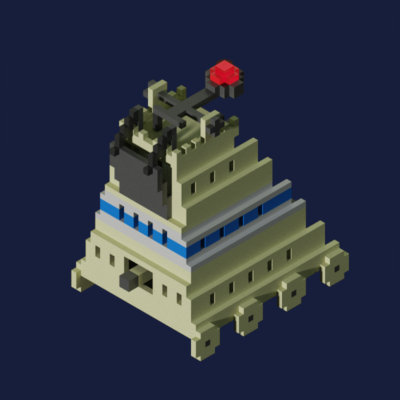As I've retaken a storytelling hobby over the course of last year, a collection of texts and instruments assembled naturally. Up to a point that I found myself building a list of most useful findings and fruitful techniques.
Moving them here for a systematic re-view. The list is neither complete nor certain.
(NOTE: I need to script a way to pin selected posts somewhere near the Staircase for the vivid articles that are meant to be re-visited, like this one).
§ RPG Systems
Pretty much I'm sure about two things. One, that a system used by a GM needs to be expressive. Two, that at the same time it should get out of the way once the crunchy job is done.
And as I flipped over a myriad (ok, not that many, but still many) rulebooks over the past year and a half, the following two are on the top of my list:
§ Whitehack
That in my opinion represents the soul of OSR movement. It will be a no-brain selection for any "classic DnD-style" game or module, perhaps for most of the fantasy themed games - one reason be that I'm not a huge fan of that side of RP spectrum and, therefore, have no intention of those games to be lengthy.
The recent module I've set on a distant Desert Moon shows that - as the source book claims - Whitehack can also be suited for pulpy SciFi. Although that requires higher dergee of preparation, and every crunchiness over pulp will make you suffer. Still, for a finite one-shot it's gonna work too.
My attitude towards Whitehack is same as to Lisp: it is in essence a brain parasite. Once let inside your head, good luck getting rid of it!
§ 2d6 SciFi
Call it Cepheus or Traveller - da igual.
Key difference from the former is not in the dice shape or outcome distribution. And not in the etymological labels that the Church of OSR puts on either. No, the main differences are:
skill-based as contrary to attribute-based (or class-based, which is not exactly true in case of WH)
which leads to moldable career-based chargen,
and a controllable level of crunchiness, for different SciFi sub-genres.
Indeed, for what I see the game styles of Traveller, 2300AD and Zaibatsu are quite different. Moreover, by mixing them in certain proportions one can create a SciFi blend according to her liking.
Right at the moment I'm planning to mod Hostile and Zaibatsu into running me an Android: Netrunner campaign. Wondering where it'd take me... up the Beanstalk perhaps :)
§ Generators and Oracles
§ Wallet Dungeons | Stations | Derelicts
Neat little generator that is a ton of fun. Requires just a pocket full of d6 dice.
§ Ex Novo and Ex Umbra
A really well-designed tools for generating dwellings and dungeons correspondingly, solo or in cooperative mode. I call them "oracles" for the rules in both are very concise, and the real "meat" is in a big and well thought out table of events (for the former) and feature deck (for the latter).
§ Maze Rats
A all-in-one set of random tables for many aspects of a fantasy game. Comes with a mini RP-system of its own, for the unlikely event that you don't have anything better. The first edition found itself brutally glued to the back of my Whitehack tome where it truly belongs.
§ Microscope
A coop storytelling mode that has proven itself over numerous sessions. Simple yet brilliant!
One detail: we usually skipped the "Scene Roleplay" resolution, giving the outcome of a scene to another buddy to decide. That streamlines the game even further.
§ ToAD
Monumental. For a very careful preparation, where noone will care that you are overdoing it by several degrees.
§ Notable Mentions
Useful, maybe slightly to a lesser degree. Or having that one rare aspect that makes it stand out.
Augmented Reality kit - analog tables for cybernetic future. Don't remember how I got a copy of those. Generic, but useful.
Diaspora - space cluster cooperative generation rules are the best ever encountered! Covers the zero session opening for spacefaring adventures. Social conflicts are good. Platoon combats woth mentioning. Playing FATE? No, thank you.
Hostile Solo - actually good hard SciFi scenario prep guidelines.
Lichdom - prepare your glorious antagonist, fall in love in the process, sacrifice your players.
Spark in FATE - a solid zero-session guide for when your group did not yet agree on what they want. High chances that by the end of the session everyone will be on equal terms for fun. Playing FATE is, fortunately, not required.
Suldokar's Wake - for an abstract meta-advice for a GM on the meta-plot subconscious design. Hardly ever playable as written.

